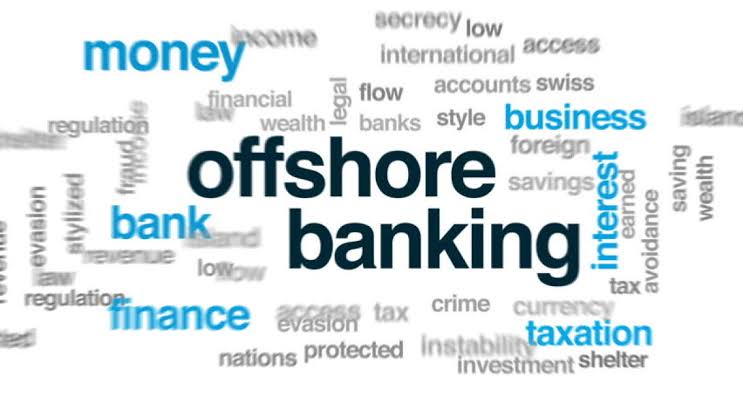Offshore banking involves the practice of maintaining financial accounts or assets outside the individual’s country of residence or citizenship. These accounts are typically held in jurisdictions characterized by favorable tax laws, robust privacy protections, and political and economic stability. Referred to as offshore financial centers (OFCs), sought-after destinations include Switzerland, the Cayman Islands, Bermuda, and Singapore.
Asset protection and privacy
By diversifying their wealth across multiple jurisdictions, individuals mitigate the risks associated with political instability, expropriation, or adverse legal judgments in their home country. Additionally, many OFCs offer robust privacy laws that safeguard the confidentiality of financial information, providing an added layer of security for high-value assets.
Tax optimization
While offshore banking should never be utilized solely for tax evasion purposes, it offers legitimate tax optimization strategies for HNWIs. Some OFCs have favorable tax regimes, allowing individuals to legally minimize their tax burdens. However, it’s crucial to comply with all relevant tax laws and reporting requirements to avoid potential penalties or legal consequences.
Diversification and investment opportunities
Offshore banking provides HNWIs with access to a broader range of investment opportunities and asset classes. By diversifying their portfolios across multiple markets and currencies, individuals can reduce their exposure to risks associated with any single economy or financial system. Additionally, many OFCs offer specialized financial products and services tailored to the needs of wealthy individuals, such as private banking, wealth management, and alternative investments.
Regulatory considerations
HNWIS needs to understand the regulatory landscape surrounding offshore banking. While OFCs offer attractive benefits, they are also subject to increasing scrutiny from international organizations and regulatory bodies. Initiatives like the Common Reporting Standard (CRS) and the Foreign Account Tax Compliance Act (FATCA) aim to promote transparency and combat tax evasion globally.
HNWIs must ensure compliance with all applicable laws and regulations, in their home country and the offshore jurisdiction. Failure to do so can result in severe penalties, including fines, asset seizures, and potential criminal charges.
Choosing the right offshore banking jurisdiction
What is offshore Banking? When considering offshore banking, HNWIs should carefully evaluate potential jurisdictions based on factors such as:
- Political and economic stability – Opt for jurisdictions with a long-standing history of political and economic stability, as well as a strong rule of law.
- Regulatory environment – Assess the jurisdiction’s regulatory framework, including its stance on privacy, taxation, and compliance with international standards.
- Asset protection laws – Explore the jurisdiction’s legal framework for asset protection, including the recognition of trusts, foundations, and other wealth management structures.
- Banking infrastructure – Evaluate the quality and reputation of the jurisdiction’s banking sector, as well as the availability of specialized services for HNWIs.
- Tax treaties – Consider jurisdictions with favorable tax treaties or agreements with your home country to optimize tax implications.
Offshore banking is a complex and highly regulated area, and HNWIS must seek professional guidance from experienced advisors. Qualified tax advisors, attorneys, and wealth management professionals provide personalized advice and ensure compliance with all relevant laws and regulations.







Comments